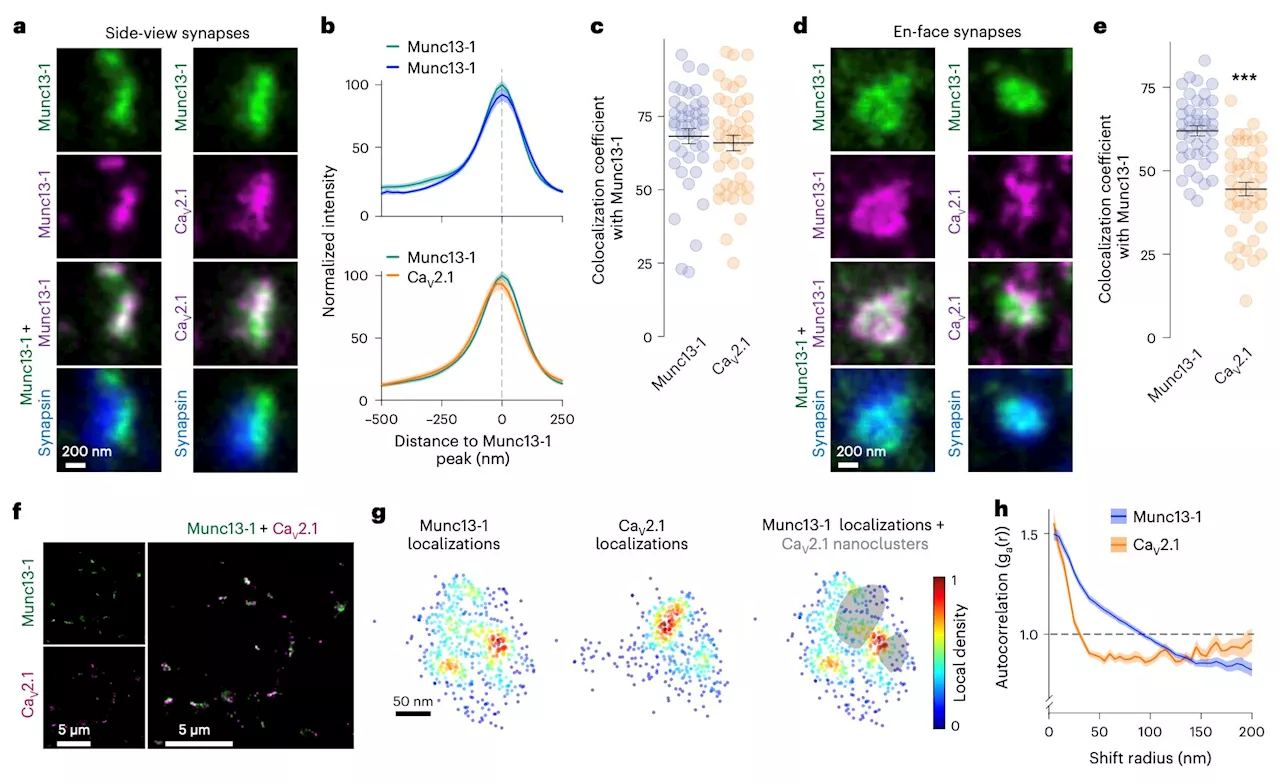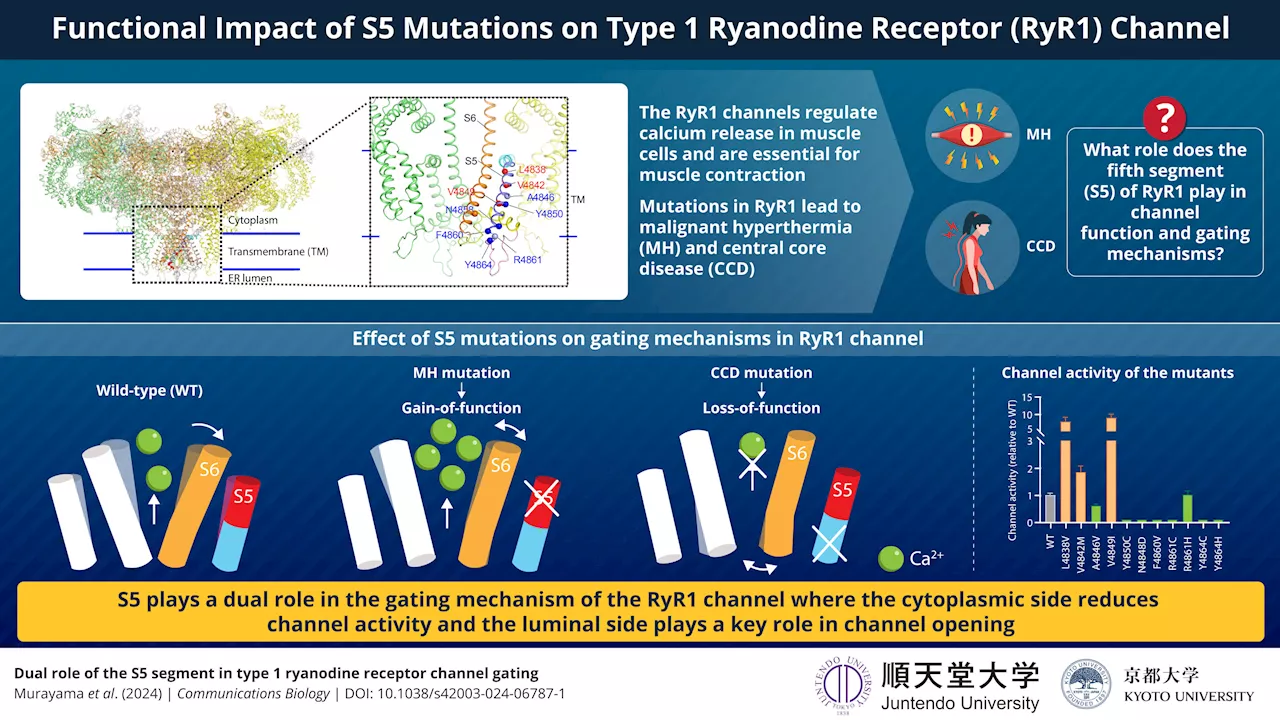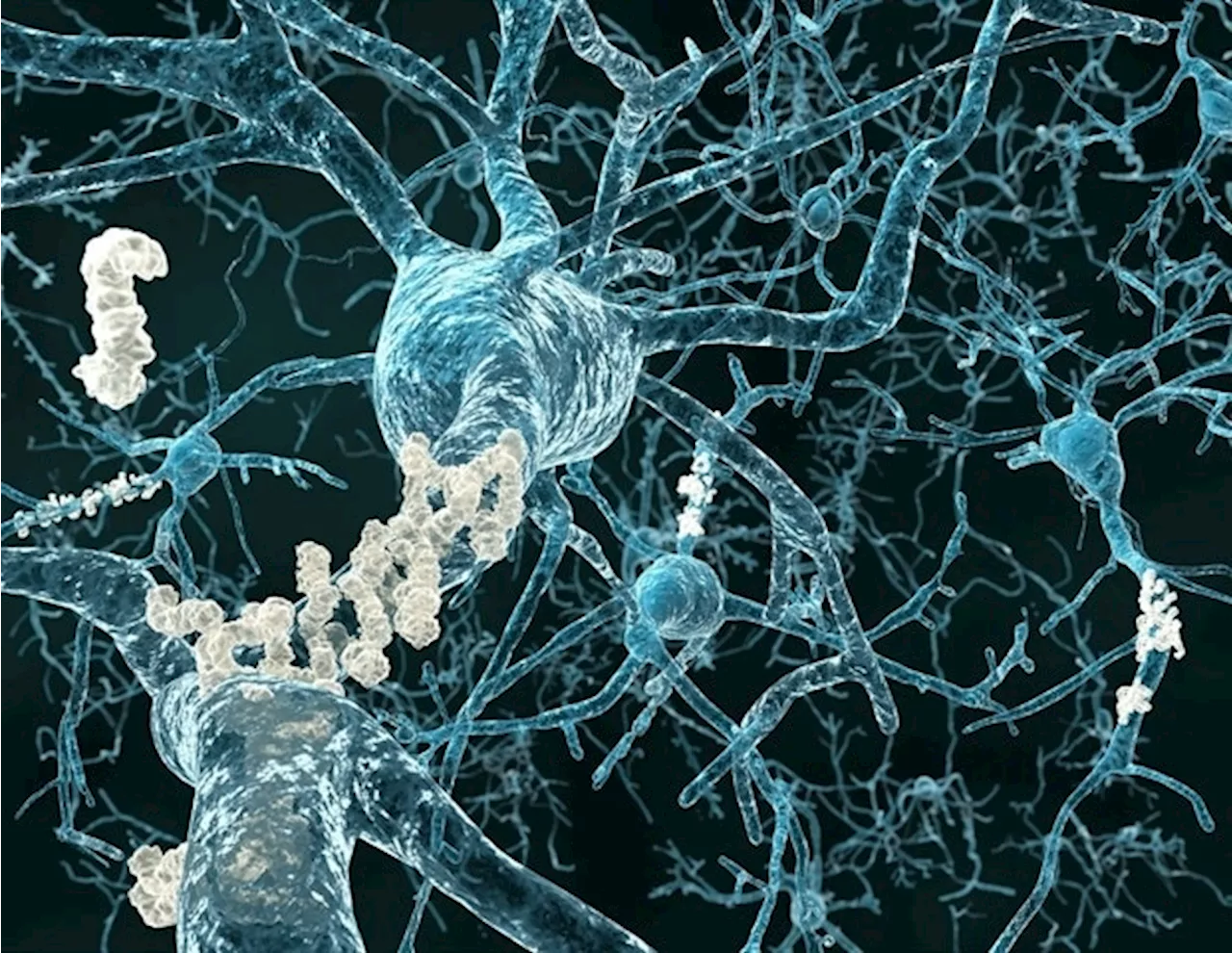Targeting calcium channels in pericytes may improve blood flow in Alzheimer's disease, addressing early vascular dysfunction linked to cognitive deficits.
By Dr. Chinta SidharthanReviewed by Lily Ramsey, LLMSep 23 2024 Blocking calcium channels in brain capillaries may enhance blood flow and alleviate early-stage Alzheimer's damage, new study suggests.
Current Alzheimer's disease research has shifted focus to early-stage targets for treatment, which includes cerebral blood flow. About the study In the present study, the researchers used nimodipine, a blood-brain barrier-permeable CaV blocker, to decrease the contraction of capillaries induced by pericytes to increase cerebral blood flow, dilate capillaries, and lower the viscosity of blood.
Advanced microscopic techniques such as two-photon microscopy were used on anesthetized and awake mice for in vivo imaging. Additionally, immunohistochemical methods using various antibodies and fluorescent secondary antibodies were conducted for vessel segment tracing and for quantifying the pericyte coverage.
Nimodipine was found to dilate capillaries and arteries in both brain slices and live mice, and the effect was more pronounced in the Alzheimer's disease mouse models. The cerebral blood flow increase was 74% greater in the Alzheimer's disease mouse models than that in normal mice, indicating that vascular constriction was also greater in Alzheimer's disease.
Blood Calcium Antibodies Blood Vessels Brain Capillaries Imaging Ion Microglia Microscopy Molecule Neuroscience Oxygen Pericytes Research Two-Photon Microscopy Vascular
United Kingdom Latest News, United Kingdom Headlines
Similar News:You can also read news stories similar to this one that we have collected from other news sources.
 Hippocampal study unveils distinct protein machineries for calcium channel clustering and vesicle primingIn neuroscience, the term 'active zone' is used to refer to a specialized area in the presynaptic membrane of synapses (i.e., the connections via which neurons transmit electric nerve signals to each other or to other cells).
Hippocampal study unveils distinct protein machineries for calcium channel clustering and vesicle primingIn neuroscience, the term 'active zone' is used to refer to a specialized area in the presynaptic membrane of synapses (i.e., the connections via which neurons transmit electric nerve signals to each other or to other cells).
Read more »
 Scientists Discover How Mutations Affect Calcium Release Channel And Impact Muscle DisordersNew research published in *Nature* reveals how mutations in the ryanodine receptor (RyR1) gene disrupt calcium signaling within muscle cells, leading to a range of debilitating conditions like malignant hyperthermia and central core disease.
Scientists Discover How Mutations Affect Calcium Release Channel And Impact Muscle DisordersNew research published in *Nature* reveals how mutations in the ryanodine receptor (RyR1) gene disrupt calcium signaling within muscle cells, leading to a range of debilitating conditions like malignant hyperthermia and central core disease.
Read more »
 New finger-prick blood test could revolutionize Alzheimer’s screeningGPs could soon be able to screen their patients for Alzheimer’s Disease (AD) using a simple handheld device developed by Monash engineers.
New finger-prick blood test could revolutionize Alzheimer’s screeningGPs could soon be able to screen their patients for Alzheimer’s Disease (AD) using a simple handheld device developed by Monash engineers.
Read more »
 Q&A: How a simple blood test could affect how Alzheimer's is diagnosedA simple blood test to diagnose Alzheimer's disease, which afflicts nearly 7 million Americans, could soon replace more invasive and expensive diagnostic methods such as spinal taps and brain scans.
Q&A: How a simple blood test could affect how Alzheimer's is diagnosedA simple blood test to diagnose Alzheimer's disease, which afflicts nearly 7 million Americans, could soon replace more invasive and expensive diagnostic methods such as spinal taps and brain scans.
Read more »
 Blood-based biomarkers for early detection of Alzheimer's diseaseNew research has discovered a unique and promising avenue for diagnosing Alzheimer's disease (AD) earlier – by analysing AD biomarkers in blood – so that the impacts of dementia can be reduced.
Blood-based biomarkers for early detection of Alzheimer's diseaseNew research has discovered a unique and promising avenue for diagnosing Alzheimer's disease (AD) earlier – by analysing AD biomarkers in blood – so that the impacts of dementia can be reduced.
Read more »
